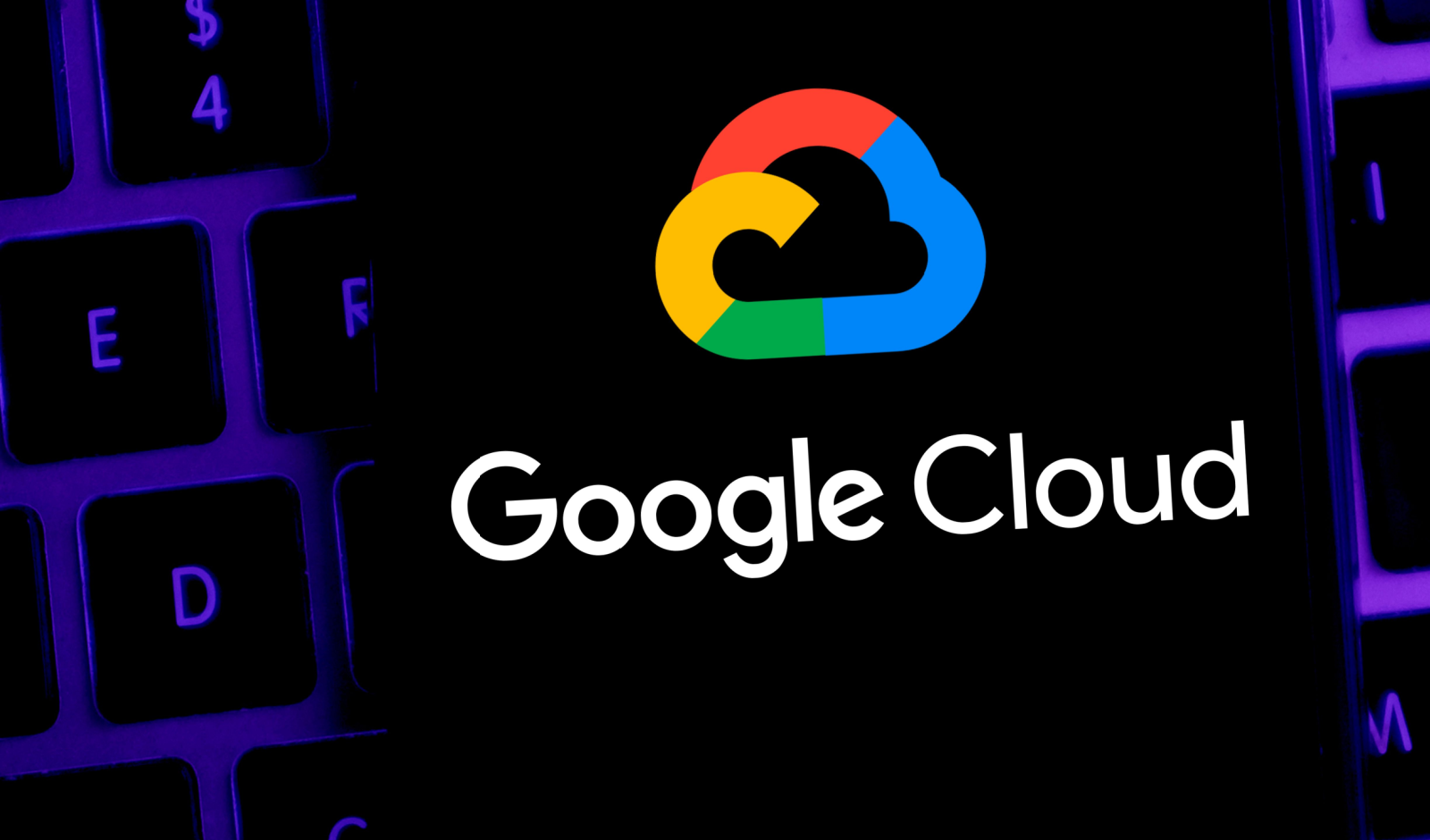Today’s Ask An SEO question is from Sharon (after a recent webinar in December 2022) who asks:
How do you distinguish goals from KPIs?
Digital marketing nomenclature can be confusing.
Even seasoned marketers can get confused by the latest buzzword or technical definition.
And don’t get me started on how the major search engines regularly rebrand their flagship products.
For me, it will always be Webmaster Tools.
Google Search Console doesn’t have the same sound.
Before we look at the difference between goals and KPIs, we need to understand what a goal is and what a KPI is.
The problem here is that these two terms can have different meanings depending on the context of the discussion.
Let’s examine the different definitions and scenarios in which goals and KPIs are used.
What are goals?
Most people have a ready-made definition of “goals.”
And this definition usually has something to do with performing a given task to achieve a desired result.
This definition is useful when you want to understand the goals of your website.
A goal begins with the end in mind.
A goal is the completion of a desired action by a website visitor.
We want to create goals that move the needle.
Goals should be items that have a measurable impact on your business.
The goal that most people think of first is an easy sale.
That’s a perfect goal – and a very obvious one.
But when you scratch the surface beyond sales, goals can get tricky.
I’ve seen people set completed goals when a visitor views any page on the site.
That’s not a good goal.
When you have a goal like this, your metrics get watered down and your analytics dashboards become cluttered.
And frankly, knowing that people have visited your site isn’t a needle-moving destination.
A more appropriate target would be when a visitor downloads a white paper, fills out a form, or books an appointment.
Goals should be measurable.
Goals should be actions that really impact the bottom line.
Goals can be complex and simple.
But in the end, they need to give you a high-level view of how your overall digital marketing efforts are performing.
If you don’t know if your program is working or not, check your goals first.
When you have the right goals and set them up correctly in your analytics program, you will know if your digital marketing is working or not.
What are KPIs?
KPI stands for Key Performance Indicator.
It’s easy to confuse KPIs with goals.
KPIs can be goals and goals can be KPIs.
But there are key differences between KPIs and goals.
As mentioned, goals are the completed actions of website visitors, following a preset path to complete that action.
KPIs, on the other hand, are items that show the performance (good or bad) of your digital marketing programs.
KPIs are typically broader than goals and don’t need to have a completed action associated with them.
For example, a KPI could be a high ranking for a specific keyword in the SERPs (search engine results pages).
This particular KPI is Not a goal since there is no completed action by the end user.
But a high ranking for a desired keyword is definitely an indicator that your SEO is going in the right direction.
But a KPI that is not a goal must be evaluated frequently.
Let’s consider the example of a high-ranking keyword as a KPI.
If it’s the right keyword, most websites will increase their sales or leads.
But if you don’t, the word you’re ranking for might not be the right KPI.
Because KPIs aren’t necessarily completed actions, they’re not a good way to gauge the bottom line of your program.
Unless, of course, your KPIs are actual sales, which could very well be a KPI.
As you can see, KPIs can be broader than goals.
They are merely signposts that those responsible for the results of a digital marketing campaign agree to serve as a map of where your digital marketing needs to go.
And that’s why it’s important that KPIs are reviewed often.
Things are changing fast in our business and the KPI you used last year may no longer be appropriate.
Finally
words mean things.
It is important to understand what the words in our store mean.
But sometimes we come from different backgrounds where the words can mean different things to different people.
The key to success is making sure everyone on your team speaks the same language and knows what KPI or goal means when you say it.
If someone outside of your organization doesn’t speak your language, that’s okay.
When you bring people together, just make sure they know what the other is saying.
Do you have a question about SEO? Submit using this form.
More resources:
Featured Image: Bennian/Shutterstock

![How to increase your keyword research [Webinar] How to increase your keyword research [Webinar]](https://cdn.searchenginejournal.com/wp-content/uploads/2023/01/featured-63bfd84d631c7-sej.jpg)

